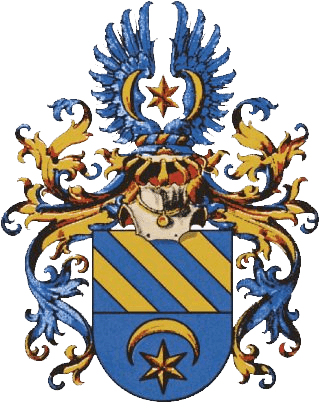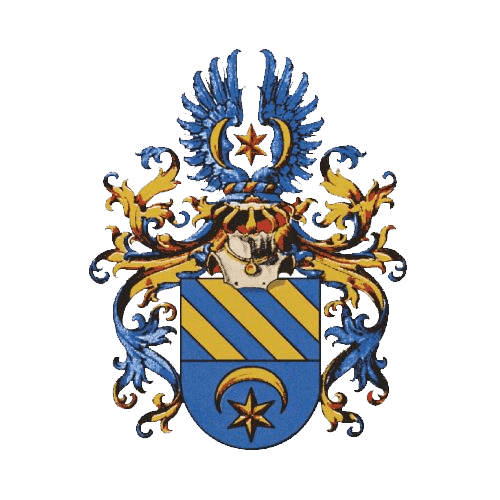The Tartu County Circular Economy Transition Arena brought together NGOs and other local actors to foster the transition towards a circular economy in Tartu County. Through four transition arena workshops and a wider agenda event, significant contributions were made to the county’s Circular Economy Roadmap as well as potential created for forming a local network of frontrunners in the circular economy.
Who was involved?
Four workshops were carried out with around 18 representatives of social enterprises and NGOs including neighborhood and advocacy organisations and foundations. A wider event for introducing and discussing the results was organised with 60 participants including representatives from municipal governments, business sector, NGOs and the general public.
Identified challenges
The main challenge of the process was how to speed up transition to a circular economy in cooperation with civil society organisations and other local circular economy actors.
The arena process was connected with drafting of the Tartu County Roadmap of Circular Economy affecting 8 local municipalities. The arena process helped map all relevant civil society and small business actors that are already working for the circular transition and get their views and recommendations to the roadmap process.
About the process
The arena process consisted of four workshops and a wider agenda event. The first workshop was used to map the current state of the circular economy in Tartu County, using the X-Curve visual tool aimed at creating a common understanding of the circular economy dynamics currently at play. Based on this understanding of trends, a joint vision was created. The second workshop was used for mapping the things that are stopping the local actors from moving faster and the things that could support them and the society as a whole. The third workshop focused on formulating concrete suggestions to the roadmap. At the final workshop, the participants voted on actions and planned collaboration and new projects for the future. The ideas and recommendations and their connection to the Circular Economy Roadmap were discussed in a wider event with local authorities and other stakeholders.
Concrete results and how they will be utilised
For the first time the process brought together local actors leading the change in sustainability in different sectors, creating a possibility for forming a local network. The arena helped participants to understand their role and connection with the transition to circular economy. The project public discussion and engagement event for the roadmap tapped into wider interest in what the municipalities are planning and a possibility for the municipalities to get a feel of expectations from the interested public, before the final draft of the roadmap.
The transition arena group provided feedback and concrete proposals to the draft version of the roadmap, focusing on 4 key areas of impact: 1) community involvement and co-creation, 2) recycling, 3) sustainable food systems, and 4) the monitoring of roadmap outcomes. The recommendations help the public authorities in taking into account the civil society actions and make the final version of the county roadmap more ambitious.


